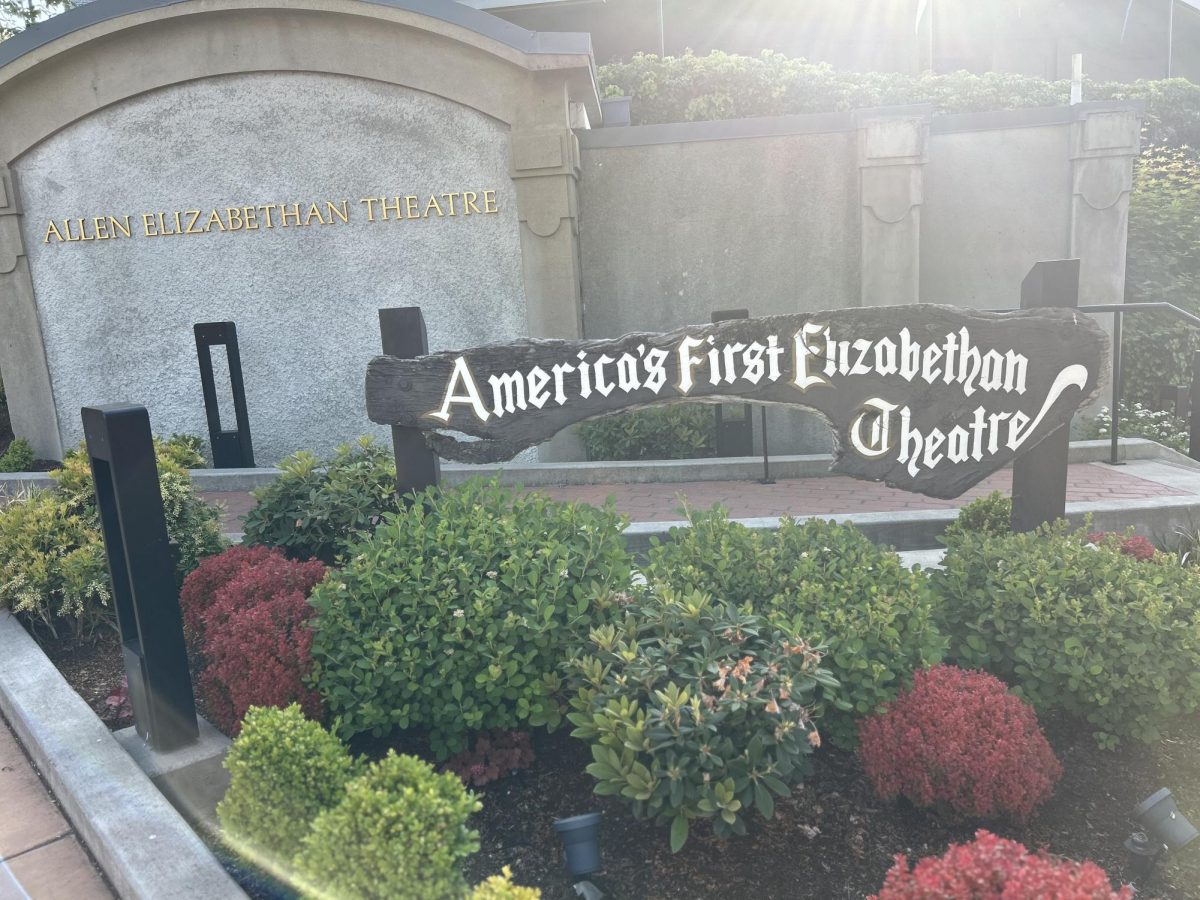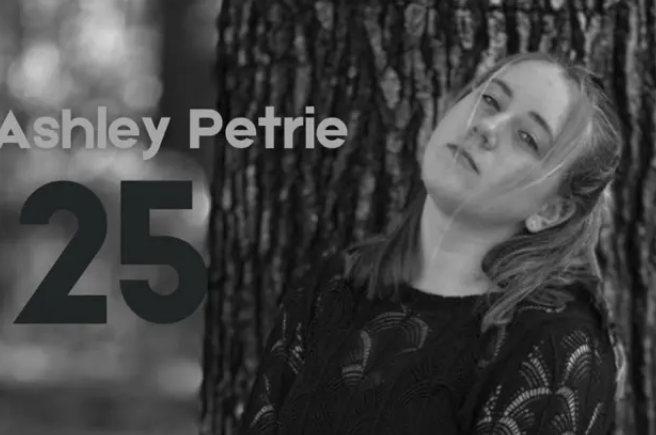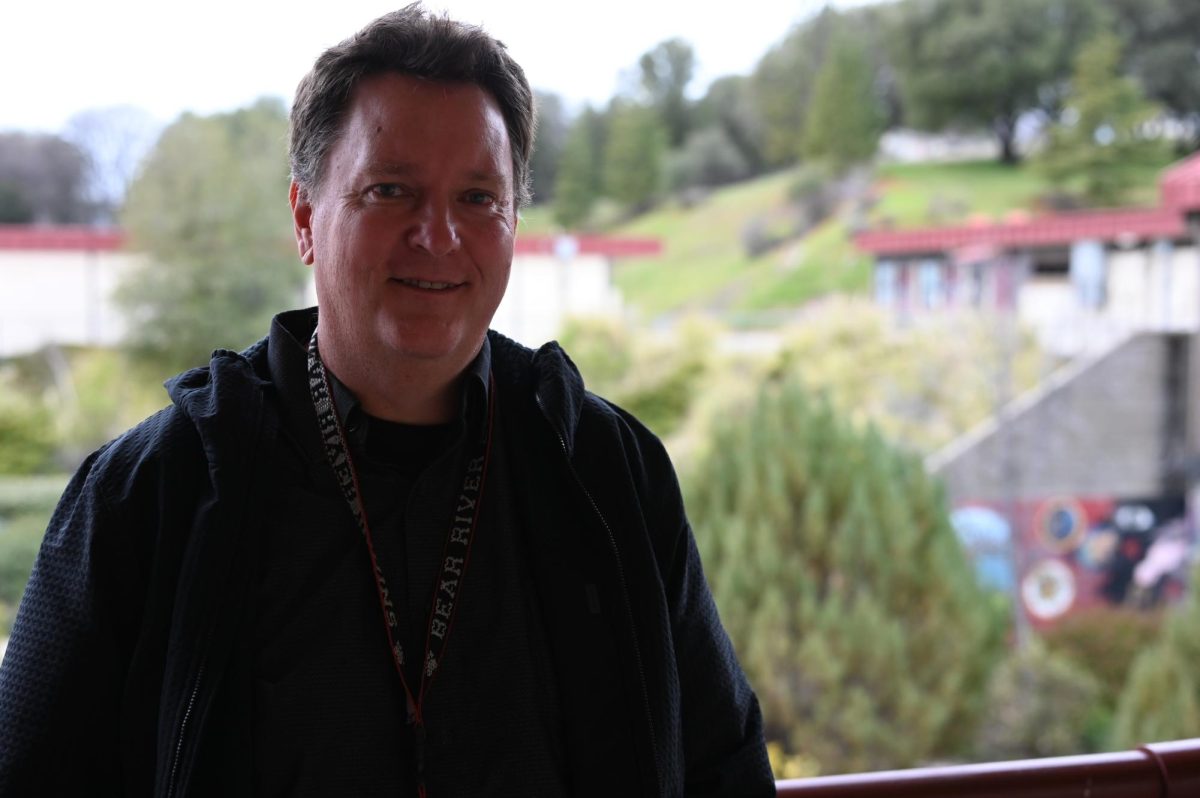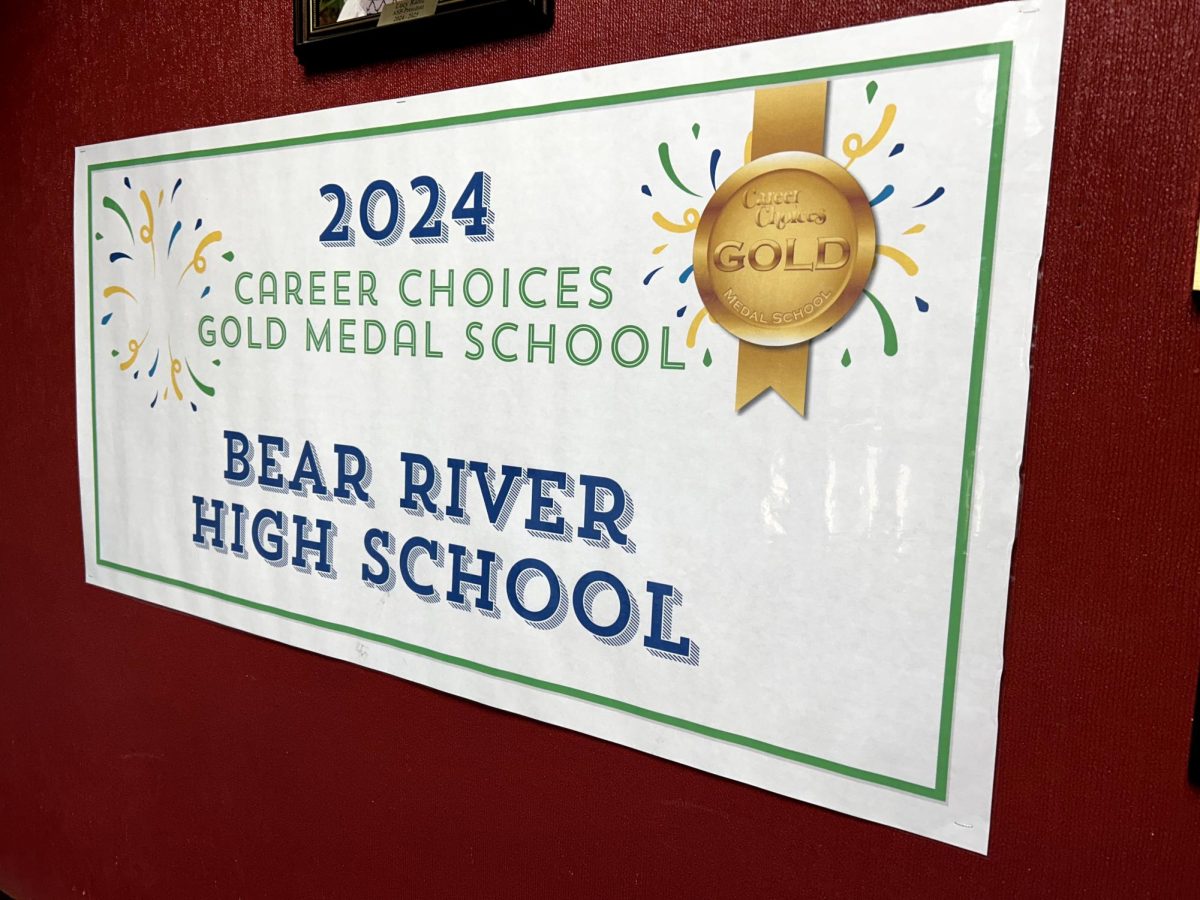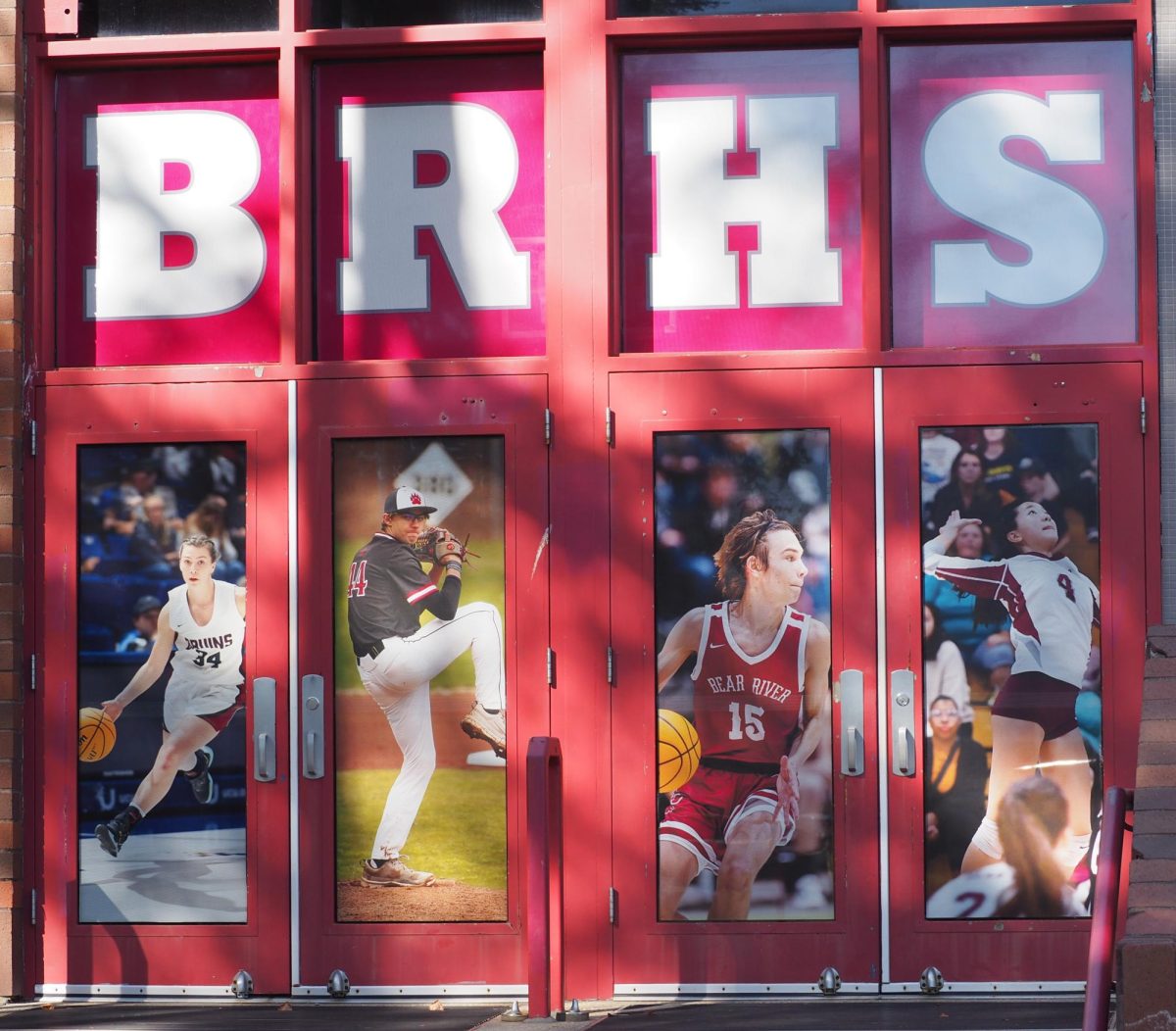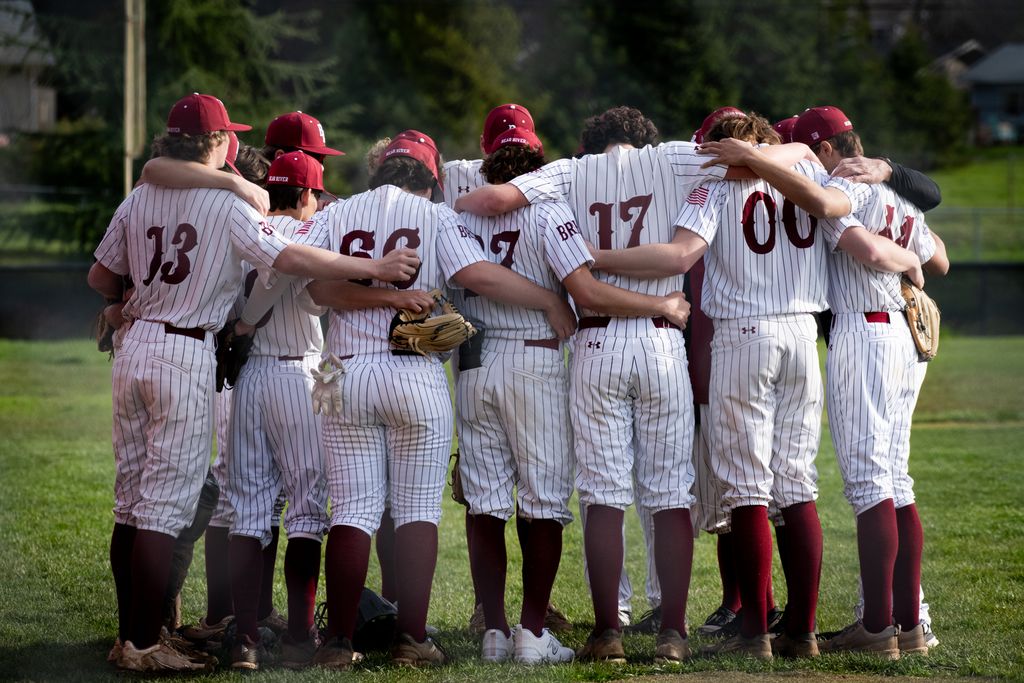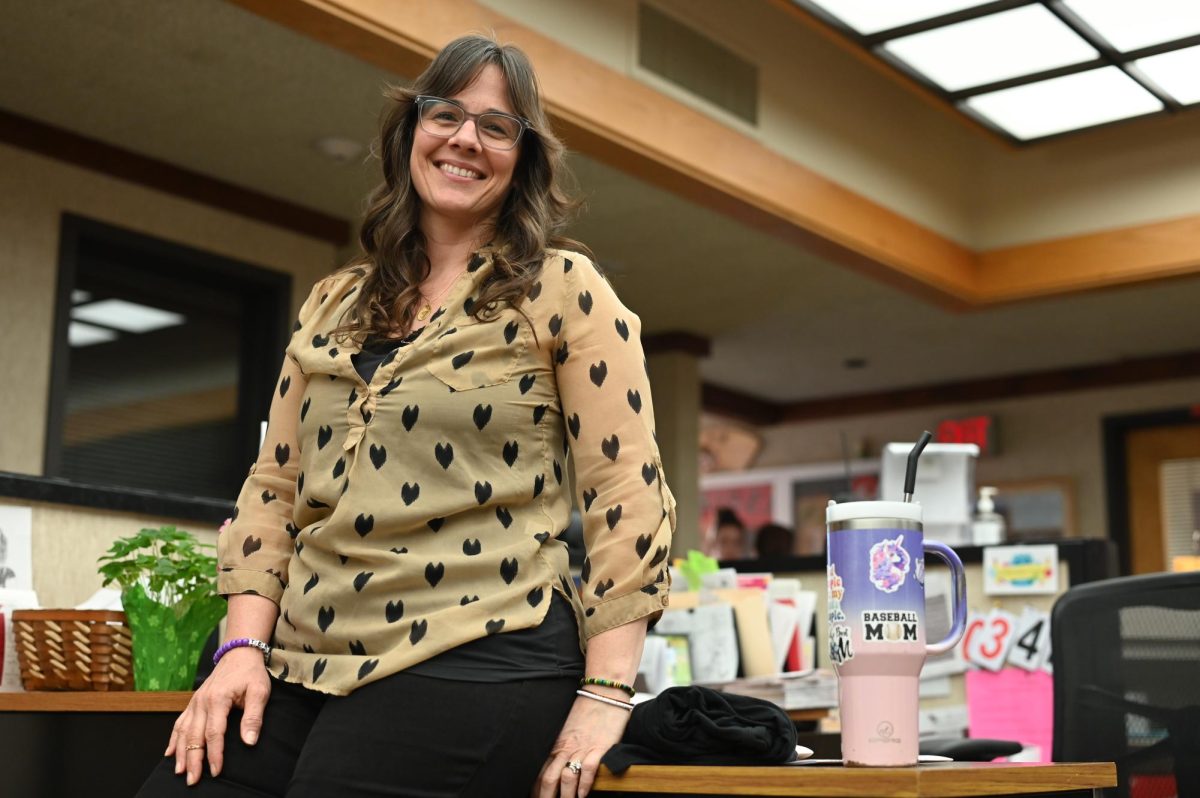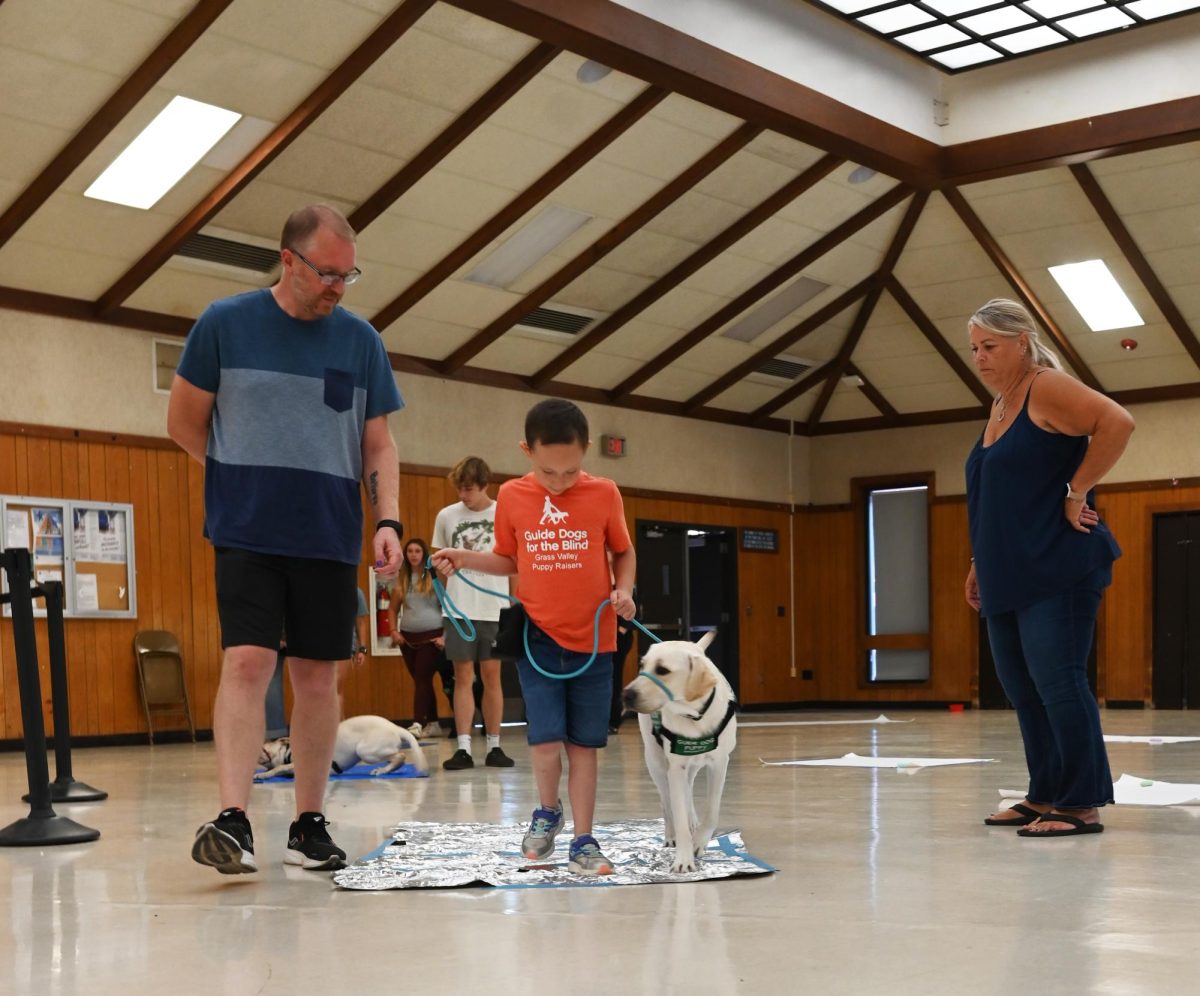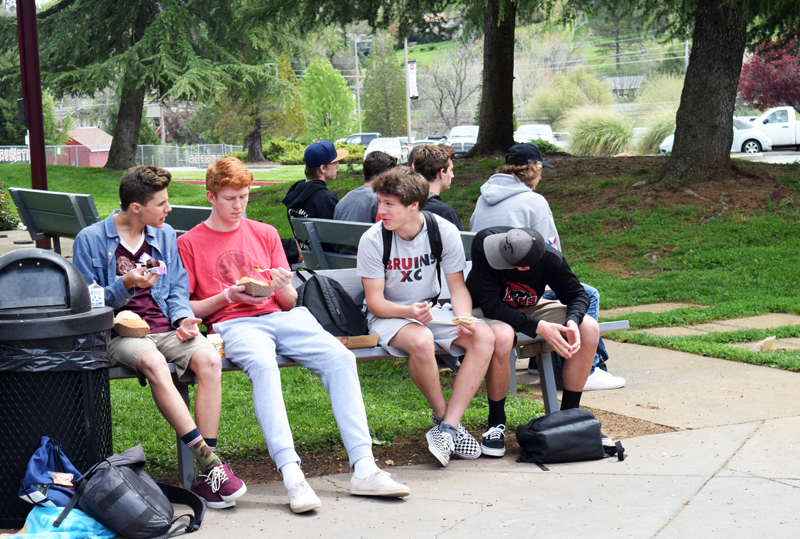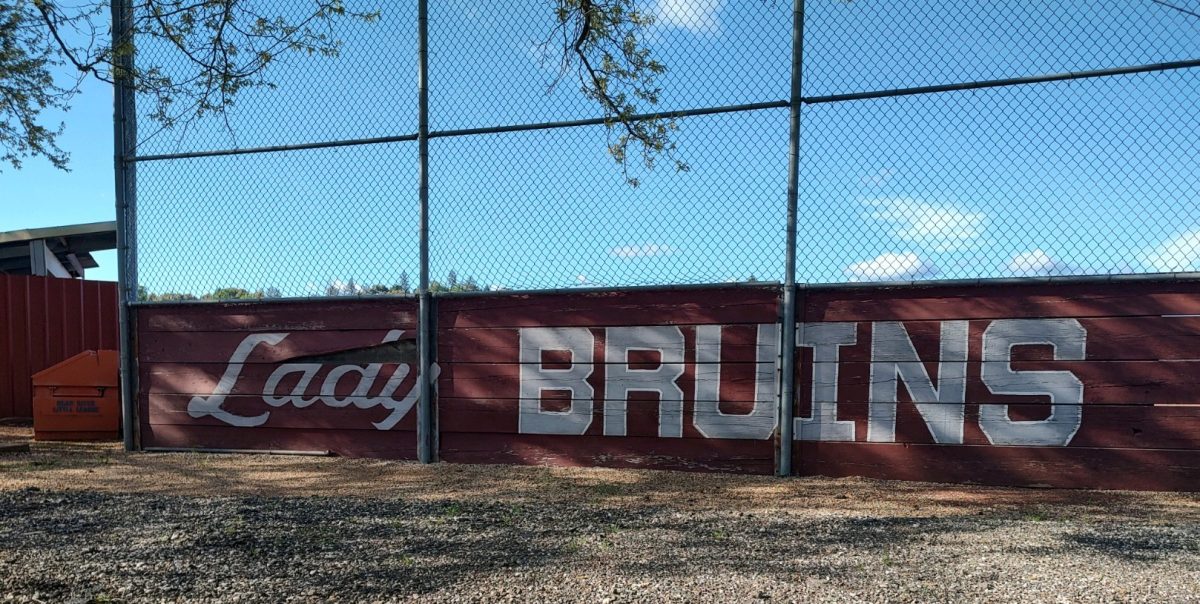Although a majority of students say that offensive words and derogatory terms are a part of their everyday vocabulary, they don’t realize the negative impact that their word choices can have on their peers, and the disrespectful image that this language portrays.
“I am truly upset by the foul language that students sometimes use,” said Bear River’s Principal Dr. Amy Besler. “Particularly when the context is totally inappropriate- while you are at school, when you are in earshot of others who shouldn’t be subjected to it, etc.”
Dr. Besler went on to express her understanding for the usage of these words, but explained how excuses don’t condone it.
“I understand the adolescent brain and the desire for young people to be somewhat edgy, rebellious, and free,” she said. “However, I think it’s so important that teenagers learn about time and place, context, and respect for those around you. These are critically important life skills.”
Many Bruins said that they agreed with Dr. Besler.
“I think that there is a time and place for what we say and do,” said Sophomore Katelyn Lorenzo.
Teachers such as Claudia Jones said that they wish that students would realize what what sort of image they are portraying.
“I wish that [Bear River students] had more respect for themselves and everyone around them to know that school is not the place to be throwing that kind of language around,” said Mrs. Jones. “.. I find it embarrassing and offensive.”
For others, the use of cuss words is quite a normal occurrence- so much so that it doesn’t disturb them.
“Cussing truly doesn’t bother me,” said Sophomore Savannah Rodriguez.”Kids are just so exposed to vocabulary consisting of cuss words, so now they believe it’s just a normal way for humans to speak.”
Some, like Freshman Paris Falls, said that they find the use of cuss words appropriate in select scenarios.
“I am fine with people using cuss words in some occasions, but not as normal words,” said Falls. “Foul language is a normal behavior but is also an issue, because almost all teens cuss but they don’t always do it respectfully.”
Some students said that they believe that using foul language helps them to get their point across.
“I feel like it puts an emphasis on what I am trying to say,” said Nathan Farey, a junior.
Dr. Besler said that there are other words that can be used in place of curse words that have a softer meaning.
“I think alternative words to profane words are pretty harmless,” said Dr. Besler. “I’m a fan of the Buddy the Elf ‘son of a nutcracker!’ line… that’s just cute.”
Mrs. Jones said that she believes that the sense those words share overrides any attempt to hide the true meaning.
“I think that we all know what those words are substituted for, so it just brings the original words to mind,” said Mrs. Jones. “And I wish we could be more imaginative and creative the same meaning, they all have to go.”
A wider vocabulary is also an alternative to cursing.
“Better yet is when people are able to express themselves articulately without the need for vulgar language or substitutes for those words,” said Dr. Besler. “An excellent vocabulary is a very desirable attribute that serves a person extremely well in so many ways.”
Dr. Besler said that she wanted to emphasize that by watching our language we become better role models for future generations.
“Older students can be powerful, positive role models for younger students, too, which can have a huge impact,” said Dr. Besler.
In contrast to this positivity, vulgar terms can have a long-lasting effect.
“I have been called derogatory names more than once, and I am still called those names,” said Falls. “Being called those names is very hurtful, and… can make me feel worthless and lonely.”
Many say that they use these terms jokingly.
“I get called a h–, b—-, or a s— as a joke a lot of the times,” said Freshman Connor McGehee. “I have called people derogatory terms before [too]. But I don’t always mean it in a bad way. Mostly I just call my friends those horrible things.”
Eliminating or lessening the amount of cursing and derogatory terms used on campus is going to take every student making the decision to think before they speak. All we can do is make the decision to change ourselves and hold our peers accountable.
“We need to decide, as a school community, that profane language, regardless of the intent of it, is not aligned with our values and that we’re not going to stand by and be okay with it,” said Dr. Besler. “We need to call one another out on it when it happens and remind one another of our shared standards.”


